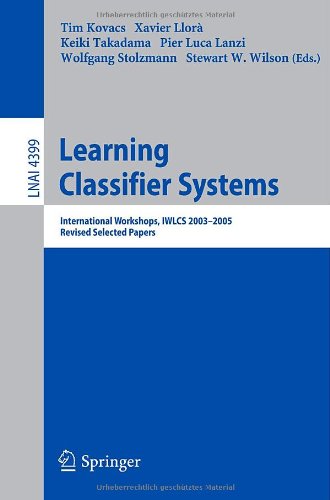Learning performance and computer software: an exploration of knowledge transfer [An article from: Computers in Human Behavior] Review

This digital document is a journal article from Computers in Human Behavior, published by Elsevier in 2007. The article is delivered in HTML format and is available in your Amazon.com Media Library immediately after purchase. You can view it with any web browser.
Description:
Computer studies educators have a challenging task in keeping pace with the rapidly changing content of computer software. One way to meet this challenge is to examine the nature of knowledge transfer. Instead of focusing on unique software packages, teachers could concentrate on knowledge that is likely to transfer from one software application to another. The purpose of the current study was to describe what kind of knowledge is used in learning new software, assess the relative effectiveness of this knowledge in aiding the learning process, and examine how the results could advance educational learning theory and practice. Thirty-six adults (18 male, 18 female), representing three computer ability levels (beginner, intermediate, and advanced), volunteered to think out loud while they learned the rudimentary steps (moving the cursor, using a menu, entering data) required to use a spreadsheet software package (Lotus 1-2-3). Previous understanding of terminology, software concepts and actions, and other software packages had the largest impact, both positive and negative, on learning. A basic understanding of the keyboard and common movement keys was also important, although higher level knowledge (e.g., terms, concepts, actions) is probably necessary for significant gains in learning performance. Computer ability had little impact on the type of transfer knowledge used, except with respect to the use of software concepts and, to a lesser extent, terminology. The interaction between problem type and effectiveness of a specific transfer area suggests that identifying specific common tasks among software packages is important in detecting useful transfer knowledge. It is equally important that computer users understand labeling idiosyncrasies of these common tasks.



